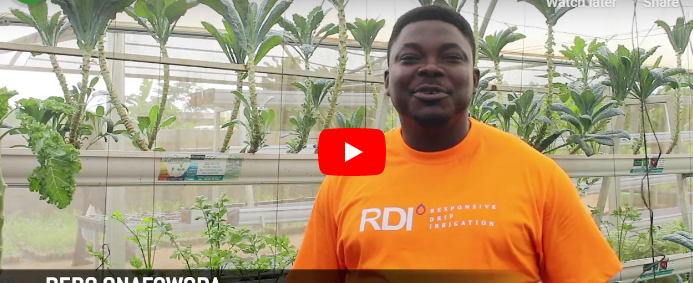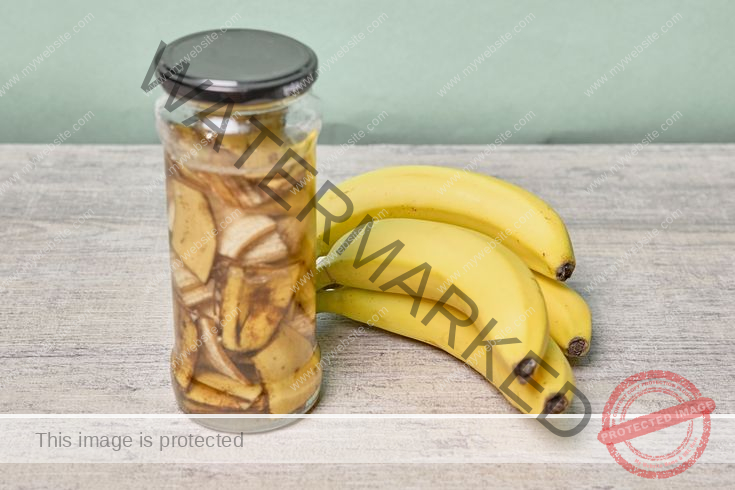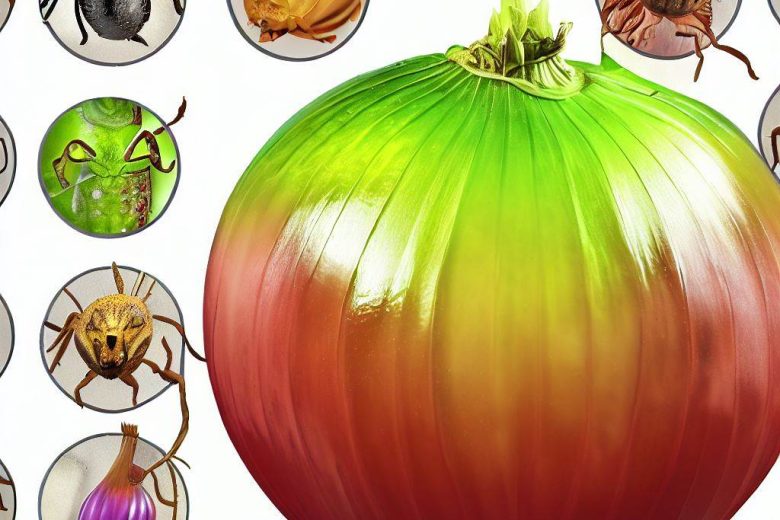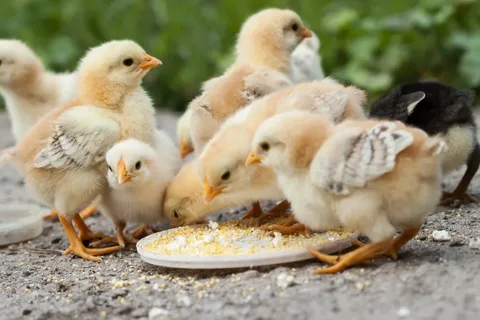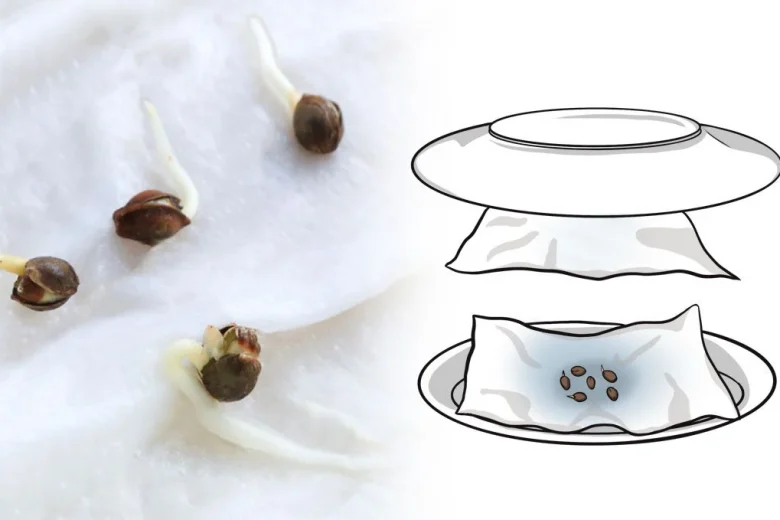Are you tired of the challenges of traditional irrigation methods in Nigeria? Do you want to save water, and time, and increase your crop yield? If yes, then it’s time to consider drip irrigation system in Nigeria.
Drip irrigation system is an efficient and cost-effective way of watering crops that can be used by farmers of all sizes in Nigeria.
It involves the delivery of water to plants at a slow and steady rate, allowing the soil to absorb water gradually and preventing water wastage.
Take your time to read through this article to learn all about drip irrigation system in Nigeria including the common types, maintenance, advantages and disadvantages, and more.
Drip Irrigation System Nigeria
Drip irrigation system is one of the common irrigation systems used in Nigeria alongside sprinkler and flood irrigation system.
Read Also: Drip Irrigation System Kenya
With drip irrigation system, you can customize the watering schedule for each plant or crop, depending on its water needs.
This ensures that each plant receives the right amount of water and nutrients, resulting in higher yields and healthier crops.
Types of Drip Irrigation Systems in Nigeria
Drip irrigation is a highly efficient method of irrigation that has gained popularity in Nigeria due to its ability to conserve water and increase crop yields.
Read Also: Drip Irrigation System in Sri Lanka
There are different types of drip irrigation systems in Nigeria, each with its own advantages and disadvantages.
#1. Surface Drip Irrigation
Surface drip irrigation is the most common type of drip irrigation system in Nigeria.
It involves laying drip lines on the soil surface and delivering water directly to the roots of plants.
This method is suitable for crops that require frequent watering, such as vegetables, fruits, and flowers.
Read Also: Drip Irrigation System in South Africa
The advantages of surface drip irrigation include reduced water usage and increased crop yield.
However, this method can be affected by wind, evaporation, and soil erosion, which may lead to water wastage.
#2. Subsurface Drip Irrigation
Subsurface drip irrigation involves burying the drip lines below the soil surface and delivering water directly to the roots of plants.
Read Also: Drip Irrigation System In Israel
This method reduces water evaporation and soil erosion and is suitable for crops that require less frequent watering, such as trees and shrubs.
However, subsurface drip irrigation can be affected by soil clogging and root intrusion, which may lead to system failure.
#3. Micro-Sprinkler Irrigation
Micro-sprinkler irrigation involves using small sprinklers to deliver water to plants.
This method is suitable for crops that require frequent watering and is effective in reducing water evaporation and wind drift.
Read Also: Drip Irrigation System in Greenhouse
However, micro-sprinkler irrigation may not be suitable for crops that are susceptible to fungal diseases.
In choosing a drip irrigation system in Nigeria, it is important to consider factors such as soil type, crop type, water source, and climate.
Factors to Consider in Choosing a Drip Irrigation System in Nigeria
- Water Source: You need to determine the availability and quality of your water source before choosing a drip irrigation system in Nigeria.
- Crop Type: Different crops have varying water needs, and you need to choose a drip irrigation system that can deliver the right amount of water to each crop.
- Soil Type: Soil type affects the amount of water that can be absorbed and retained. You need to consider the soil type in your farm before choosing a drip irrigation system in Nigeria.
- Farm Size: The size of your farm determines the type of drip irrigation system you need. If you have a large farm, you may need a system that can cover a wider area.
Best Practices of using Drip Irrigation System in Nigeria
- Proper design: A well-designed drip irrigation system ensures efficient water use and uniform distribution of water to plants. Ensure that the system is designed by a professional to avoid wasting resources.
- Regular maintenance: Drip irrigation systems require regular maintenance to ensure that they function optimally. This includes cleaning of filters, checking of emitters, and repairing any leaks.
- Soil and water management: Proper soil and water management practices such as mulching, soil testing, and water quality testing are crucial for the success of drip irrigation.
- Proper scheduling: Irrigation scheduling should be based on the water needs of the crops and weather conditions. Avoid over-irrigation or under-irrigation as it can affect the quality and yield of the crops.
Measures to Maintain Drip Irrigation System in Nigeria
- Regular Inspection: Regular inspection of your drip irrigation system in Nigeria helps to identify and fix any problems early on.
- Flushing: Flushing your drip irrigation system in Nigeria regularly helps to prevent clogging and ensure water flow is consistent.
- Filter Replacement: Replacing filters in your drip irrigation system in Nigeria regularly helps to prevent clogging and ensure water flow is consistent.
- Proper Storage: Proper storage of your drip irrigation system in Nigeria during the off-season helps to prevent damage and extend its lifespan.
Tips to Select the Right Irrigation System in Nigeria
- Crop requirements: Consider the water requirements of the crops you want to grow when selecting a drip irrigation system. Different crops have different water requirements, so ensure that the system you choose can meet these needs.
- Soil type: The type of soil in your farm can affect the performance of a drip irrigation system. Sandy soils require more frequent irrigation than loamy soils.
- Water source: The source of water for your farm can also affect the type of irrigation system you choose. If you have limited water supply, consider a drip irrigation system that is efficient in water use.
- Topography: The topography of your farm can also influence the choice of irrigation system. For example, a sloping terrain may require a drip irrigation system that can prevent soil erosion.
Advantages of Drip Irrigation System in Nigeria
- Water Conservation: Drip irrigation system in Nigeria is designed to minimize water wastage. Water is delivered directly to the roots of the plants, reducing the amount of water lost to evaporation and runoff.
- Increased Crop Yield: Drip irrigation system in Nigeria ensures that each plant receives the right amount of water and nutrients, resulting in higher yields and healthier crops.
- Reduced Labor Costs: Drip irrigation system requires minimal labor compared to traditional irrigation methods in Nigeria. Once the system is set up, it operates automatically, saving you time and labor costs.
- Improved Crop Quality: Drip irrigation system in Nigeria delivers water and nutrients directly to the roots of the plants, resulting in healthier and more robust plants.
Disadvantages of Drip Irrigation System in Nigeria
- Initial cost: The installation cost of a drip irrigation system can be relatively high compared to other irrigation systems such as flood irrigation.
- Clogging: Drip irrigation systems are prone to clogging, especially if the water source is not filtered properly. Consequently, this can result in diminished water flow and a decline in overall efficiency.
- Maintenance: Drip irrigation systems require regular maintenance, which can be time-consuming and costly. Failure to maintain the system can lead to decreased efficiency and increased water wastage.
- Skills: Proper installation and maintenance of a drip irrigation system require technical skills, which may not be readily available in some areas.
Costs of Drip Irrigation System in Nigeria
Drip irrigation system in Nigeria prices depend on the type of system, size of the farm, and other factors.
A quarter-acre drip irrigation system in Nigeria costs between N250,000 to N350,000, while a one-acre drip irrigation system in Nigeria costs between N1.5 million to N2 million.
Importance of Drip Irrigation Systems in Nigeria
- Efficient water use: Drip irrigation systems are efficient in water use as they deliver water directly to the root zone of plants, reducing water wastage through evaporation and runoff.
- Increased crop yield: Drip irrigation systems ensure that crops receive adequate water and nutrients, which can increase crop yield and quality.
- Sustainable agriculture: Drip irrigation systems promote sustainable agriculture by conserving water resources and reducing the use of fertilizers and pesticides.
- Drought resistance: Drip irrigation systems can help crops withstand periods of drought by providing them with adequate water during dry spells.
Drip Irrigation System Price in Nigeria
The price of a drip irrigation system in Nigeria can vary depending on various factors such as the size of the area to be irrigated, the quality of components, and the brand.
On average, a basic drip irrigation system suitable for a small garden or farm can range from ₦50,000 to ₦200,000. For larger areas or commercial setups, the cost can go up significantly.
Local Drip Irrigation System
In Nigeria, there are local options available for drip irrigation systems. These systems are designed and manufactured within the country, catering to the specific needs and conditions of Nigerian farmers.
Local drip irrigation systems can offer cost-effective solutions and may be readily available in local markets or through agricultural suppliers.
Drip Irrigation Kit for 1 Hectare
When considering a drip irrigation system for 1 hectare of land, it is important to factor in the size of the area, crop type, water availability, and specific requirements.
The cost of a drip irrigation kit for 1 hectare can range from ₦500,000 to ₦2,000,000 or more, depending on the complexity and quality of the system.
1 Acre Drip Irrigation System
For a 1-acre drip irrigation system, the cost will depend on factors such as the type of crop, layout, soil conditions, and the quality of components used.
On average, the cost of a drip irrigation system for 1 acre can range from ₦200,000 to ₦1,000,000 or more.
Sprinkler Irrigation System in Nigeria
Sprinkler irrigation systems are also commonly used in Nigeria, especially for larger areas. These systems distribute water through sprinkler heads, which provide coverage over a larger area.
The cost of a sprinkler irrigation system in Nigeria can vary depending on factors such as the size of the area, the number of sprinkler heads, and the quality of the system components.
Used Drip Irrigation System for Sale
In Nigeria, it is possible to find used drip irrigation systems for sale. These systems are often available at lower prices compared to new systems.
Farmers or agricultural suppliers may offer used systems that are still in good condition.
However, it is important to thoroughly inspect the system before purchasing and ensure that all components are in working order.
Conclusion
Drip irrigation systems offer a promising solution for efficient water management and increased agricultural productivity in Nigeria. By delivering water directly to plant roots, these systems conserve water, reduce labor, and improve crop yields. Wider adoption and investment in drip irrigation can contribute to sustainable farming practices and food security in Nigeria.
